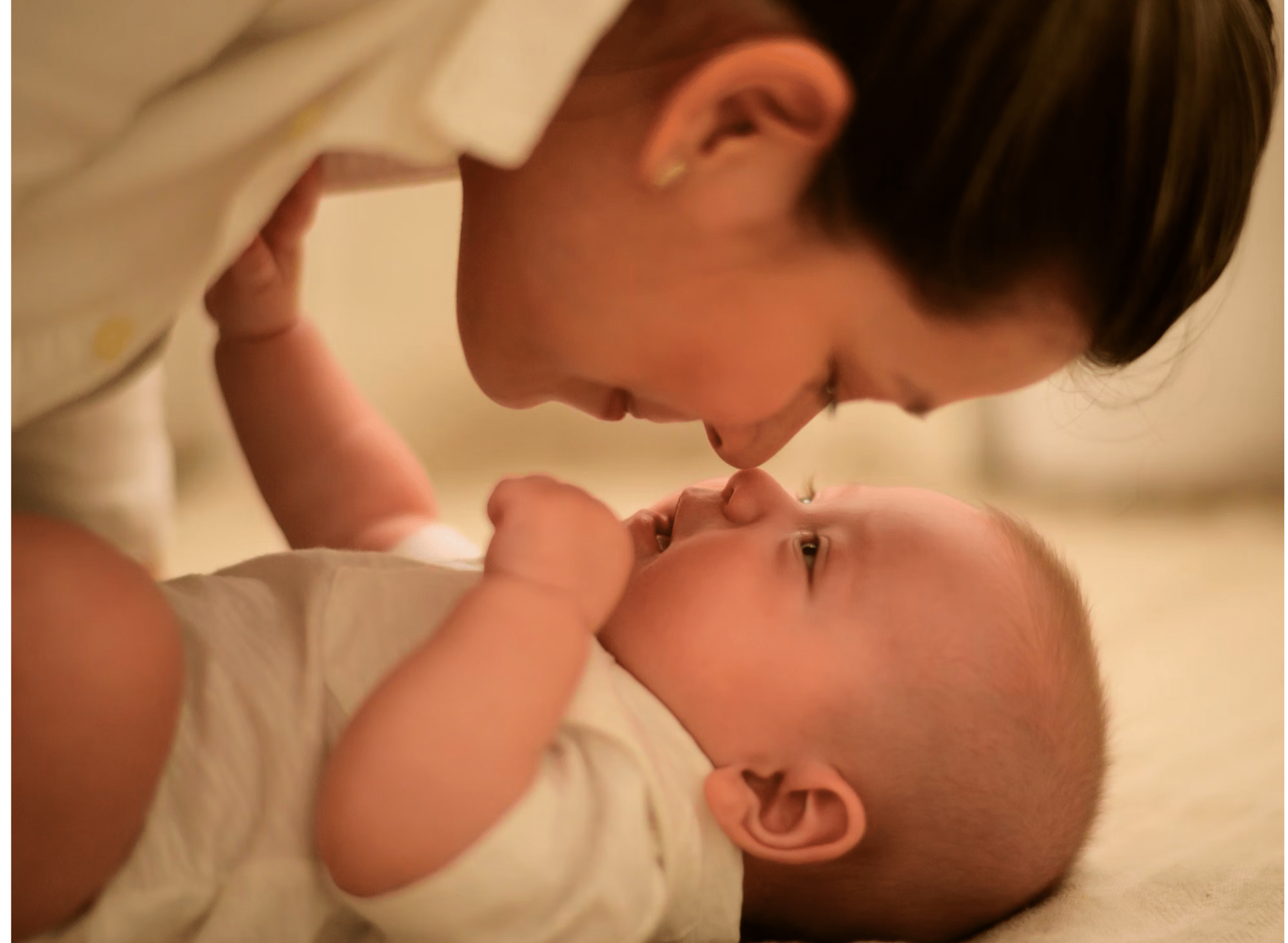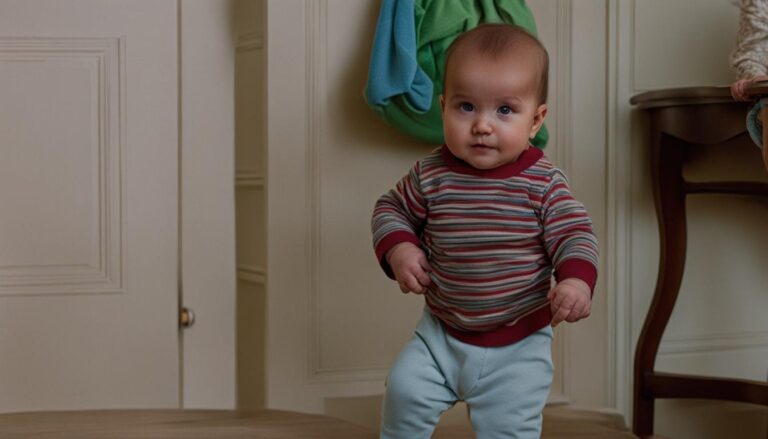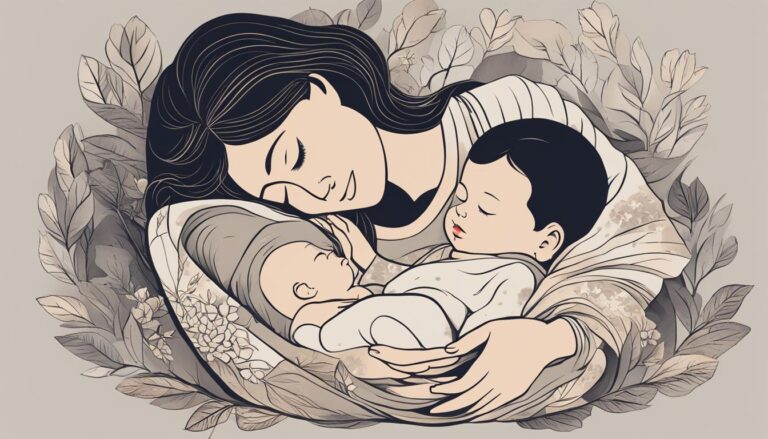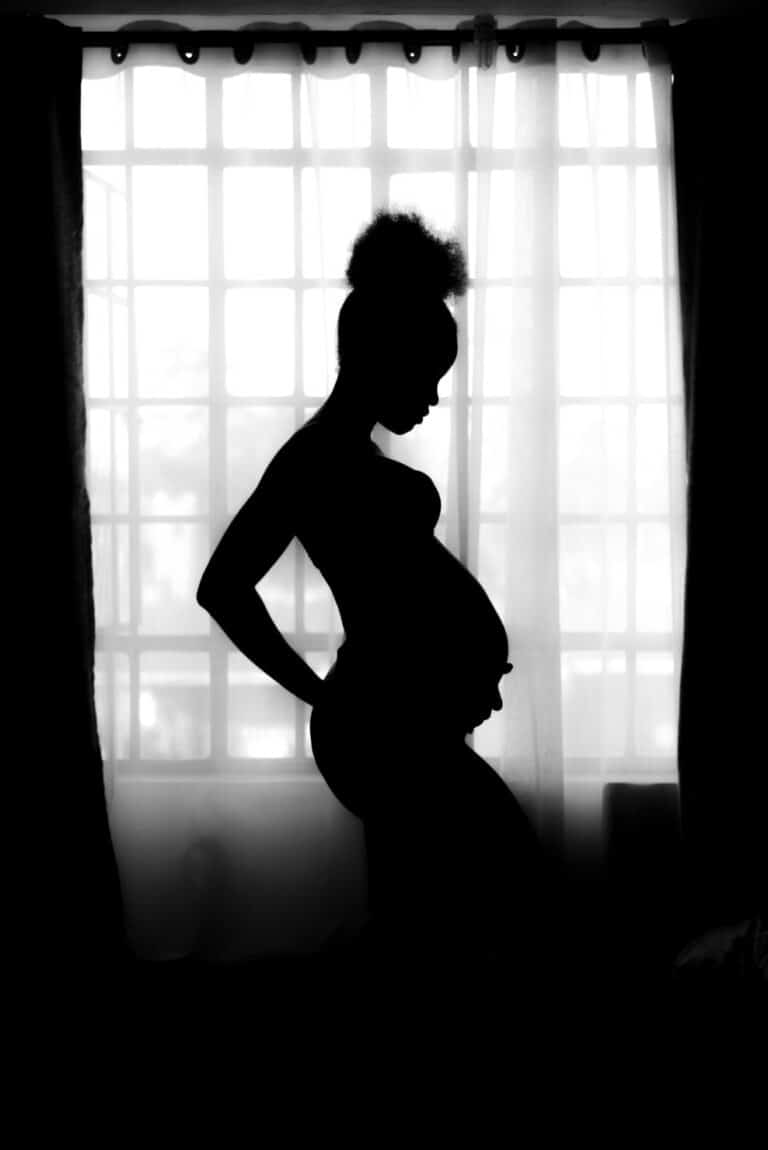Blowing in Baby’s Face- Is it Safe
As a new parent, it’s natural to want the best for your baby – but all too often, misconceptions and myths can prevent us from doing what is truly best for their health and wellbeing. One such example is blowing in a baby’s face, an old wives’ tale that you may have heard about.
ut what are the potential benefits, risks, and alternatives of this practice? In this article, we’ll explore everything you need to know about blowing in a baby’s face – so you can make an informed decision on how to protect your child’s health and happiness.
Blowing in Baby’s Face- Is it Safe?
If you’re looking for ways to help soothe your baby, you may have heard of blowing in their face. While this practice is commonly observed in some cultures, there is, unfortunately no scientific evidence that blowing in a baby’s face has any positive effects.
Despite this, many parents and caregivers make use of it due to its potential benefits. Blowing in a baby’s face may temporarily stop hiccups, calm down colic symptoms and even relieve constipation.
However, we would like to remind parents to observe caution when engaging in this practice. So far, there is no recommended or proven solution for these issues, and it is important to note that blowing in a baby’s face may bring temporary relief at best.
What Are the Risks of Blowing in a Baby’s Face?
Blowing in a baby’s face is something that ought to be avoided entirely. Besides being discouraged by medical professionals, it can lead to several side effects such as irritation, possible infections, startle or distress the baby, and cause discomfort if they have existing respiratory issues.
To best safeguard the well-being of your little one, it is important to steer clear of this practice.
What Are the Alternatives to Blowing in a Baby’s Face?
Rather than blowing in a baby’s face, there are several more beneficial and safer ways to soothe and comfort your little one. These include calming techniques like holding, rocking, singing or playing soothing music; burping if they have hiccups; massaging their stomach clockwise to reduce colic symptoms; and feeding them prune juice or other high-fiber foods for constipation.
Remember that blowing in a baby’s face is not an effective solution for any of the above issues – it’s best to stick with these alternatives for a happy and healthy baby.
Do Babies Like When You Blow in Their Face?
Depending on the conditions and your child’s disposition, a breath of air in their face may prove calming or agitating.
Strong gusts into their face could shock them, so try to keep it gentle for the best outcome. By offering a light breeze from your lips, you can ease some of their distress and help them relax.
Ways To Calm a Hysterical Baby
If your little one is crying, it might be for a variety of reasons. Take a close look and check if anything is too tight or if they need their diaper changed. If they are rooting towards you or turning away from you, they may just be hungry and need to be fed.
To soothe them, try swaddling, cuddling, or even a baby massage. If nothing else works, pacifiers can be a comforting way to provide some relief.
FAQs
Q1. Can blowing in a baby’s face cause any long-term harm?
A1. Blowing in a baby’s face is not recommended, but it’s unlikely to cause any long-term harm.
Q2. Is blowing in a baby’s face an effective way to stop hiccups?
A2. While some parents believe that blowing in a baby’s face can help stop hiccups, there is no scientific evidence to support this claim. Instead, try burping your baby or giving them a small amount of water to help stop hiccups.
Q3. Can blowing in a baby’s face help with constipation?
A3. In some cultures, blowing in a baby’s face is believed to help with constipation, but there is no scientific evidence to support this claim. Instead, try feeding your baby prune juice or increasing their intake of high-fiber foods.
Q4. Is it safe to blow in a baby’s face if they are crying?
A4. Blowing in a baby’s face is not recommended, especially if they are crying. It can startle them and make them cry more or become agitated.
Q5. Can blowing in a baby’s face cause any respiratory issues?
A5. Blowing in a baby’s face can cause discomfort, especially if the baby has a cold or respiratory issues. It’s best to avoid blowing in their face and try some of the alternatives mentioned above.
conclusion
As a parent, it’s essential to prioritize your baby’s health and wellbeing. With that in mind, blowing in a baby’s face is a tradition that has been passed down over time, but it should not be utilized to solve issues like colic or ache.
Instead, make use of other approaches such as soothing tactics, rubbing the back, feeding, or burping. It’s important to reach out to a medical professional if you have any worries. By recognizing the advantages and hazards of blowing in a baby’s face, you can make smart choices that will benefit both your child’s happiness and health.






